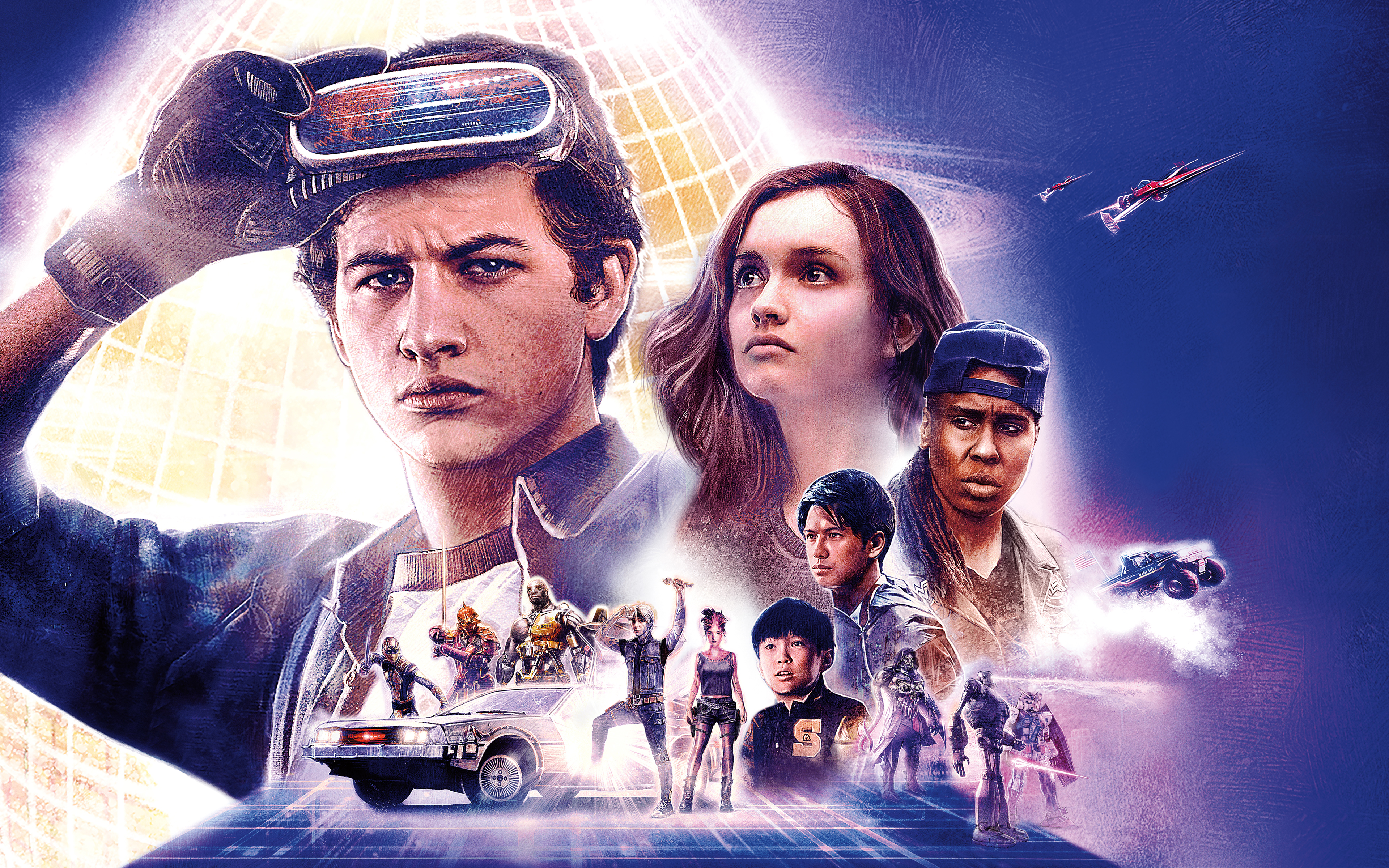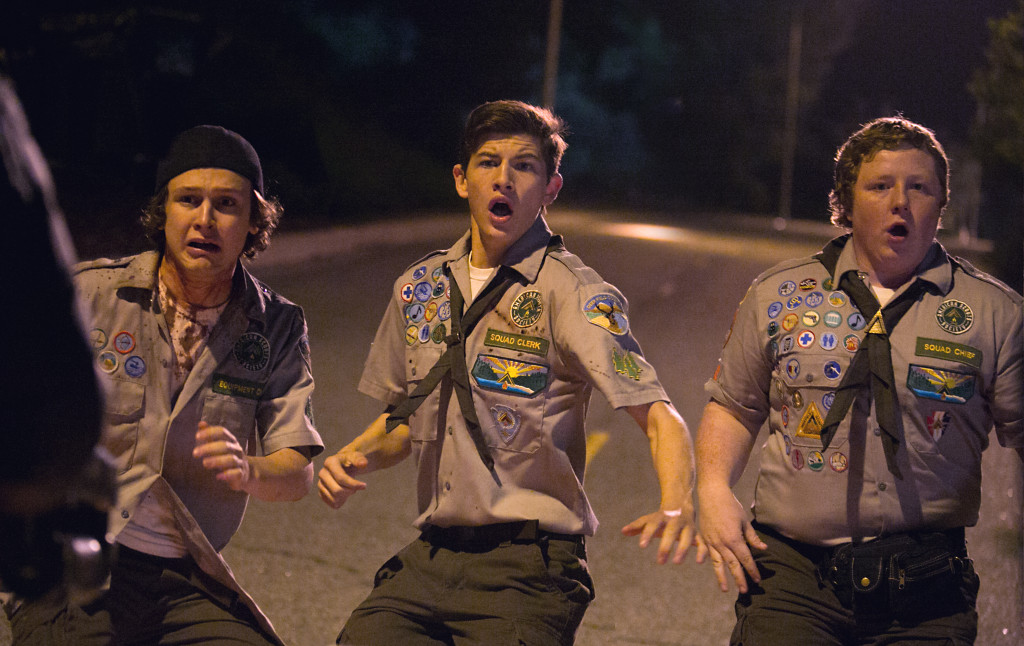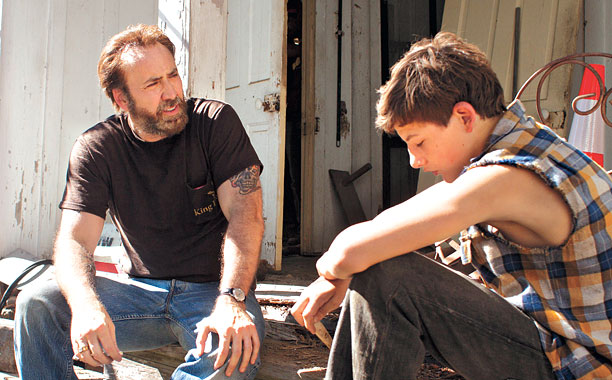The Tender Bar
by George Wolf
Look past the tabloid fodder and you’ll see that onscreen, Ben Affleck is having a fine second act. Last year’s impressive turn in The Way Back showed him more than comfortable in his older skin, and his standout support in The Last Duel is generating some Oscar buzz for this year’s best supporting actor race.
This focus on substance over leading man style is a smart one, but while Affleck digs into his pivotal role in The Tender Bar, the film itself struggles to find anything truly relevant to say.
Based on J.R. Moehringer best-selling memoir, it’s an account of his journey from a poor, dysfunctional household to a Yale education and a career in writing. Guided by voiceover narration from adult JR (Ron Livingston), we’re introduced to little JR (Daniel Ranieri) when he and his mother (Lily Rabe) are moving back into the Manhasset, New York home of Grandpa (Christopher Lloyd), Grandma (Sondra James) and Uncle Charlie (Affleck).
JR’s violent, alcoholic father (Max Martini) is a radio deejay who’s rarely around, so 11 year-old JR looks to Uncle Charlie as a role model, often soaking up life lessons found at “The Dickens,” the Long Island bar where Charlie works. Young adult JR (Tye Sheridan) continues the barstool education until it’s time for the Ivy League, new friends, and a hard-to-really-get new girlfriend (Briana Middleton).
Director George Clooney and screenwriter William Monahan craft a respectful and well-meaning adaptation, but it’s sadly lacking any hint of why they found the source material so moving. From Charlie’s advice to JR’s awakenings, the messages are broadly drawn, well worn and self-satisfied, too generic for even the Oscar-winning Monahan (The Departed) to polish into inspirational shape.
And where is the eye for vibrant period detail that helped bring Clooney that well-deserved directing nomination for Good Night and Good Luck? Here, soundtrack choices and costume design blur the stated timeline, while the young actor playing JR at 11 looks closer to 8 and shockingly unlike Sheridan. Even the “golden voice” we’re told that JR’s deejay dad possesses never materializes when he finally speaks.
A film such as this needs authenticity to resonate, but this true story never feels like one, and the chance for us to really connect with JR is derailed at multiple turns. While Affleck adds another fine showing to his current winning streak, there’s not much else in The Tender Bar to convince you the book was worth a big screen adaptation at all.










